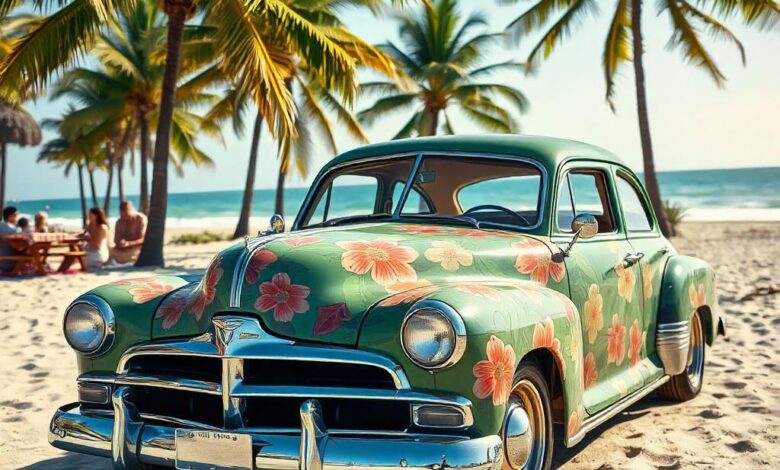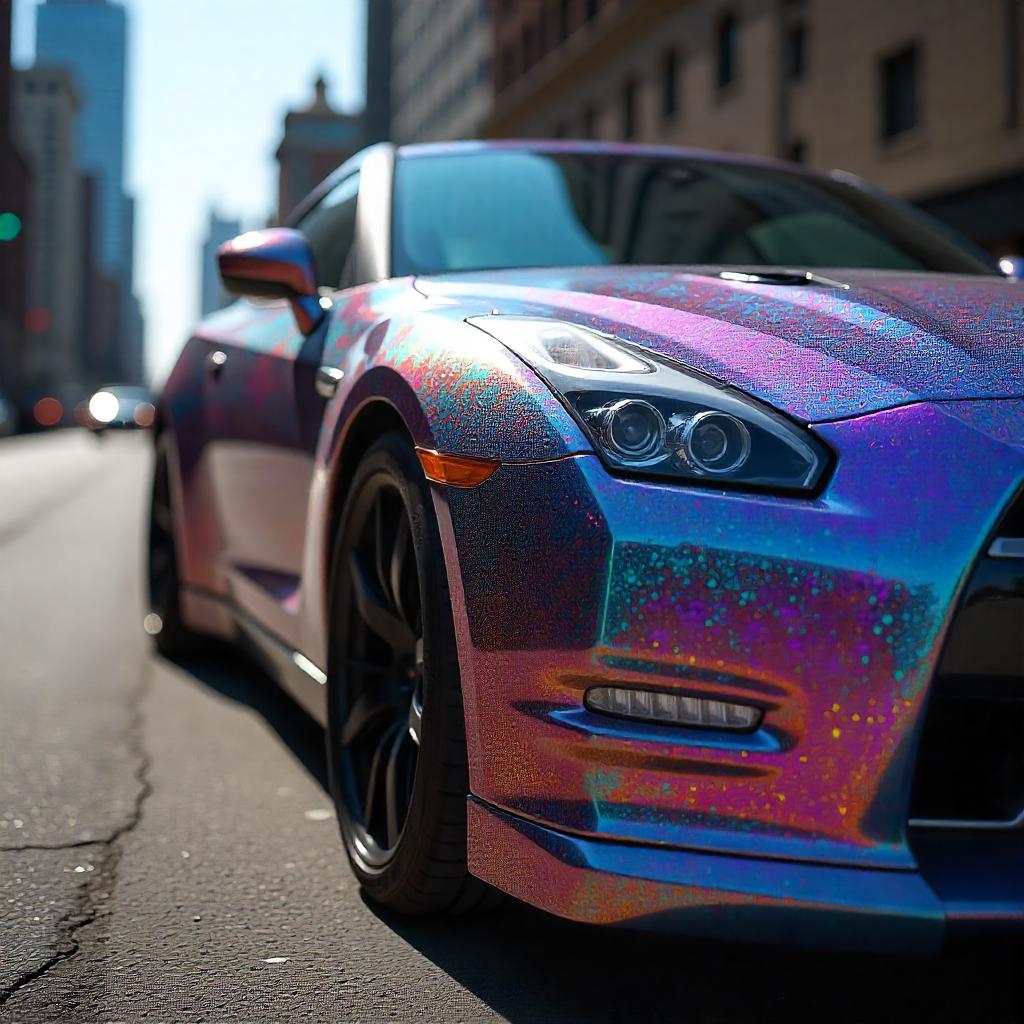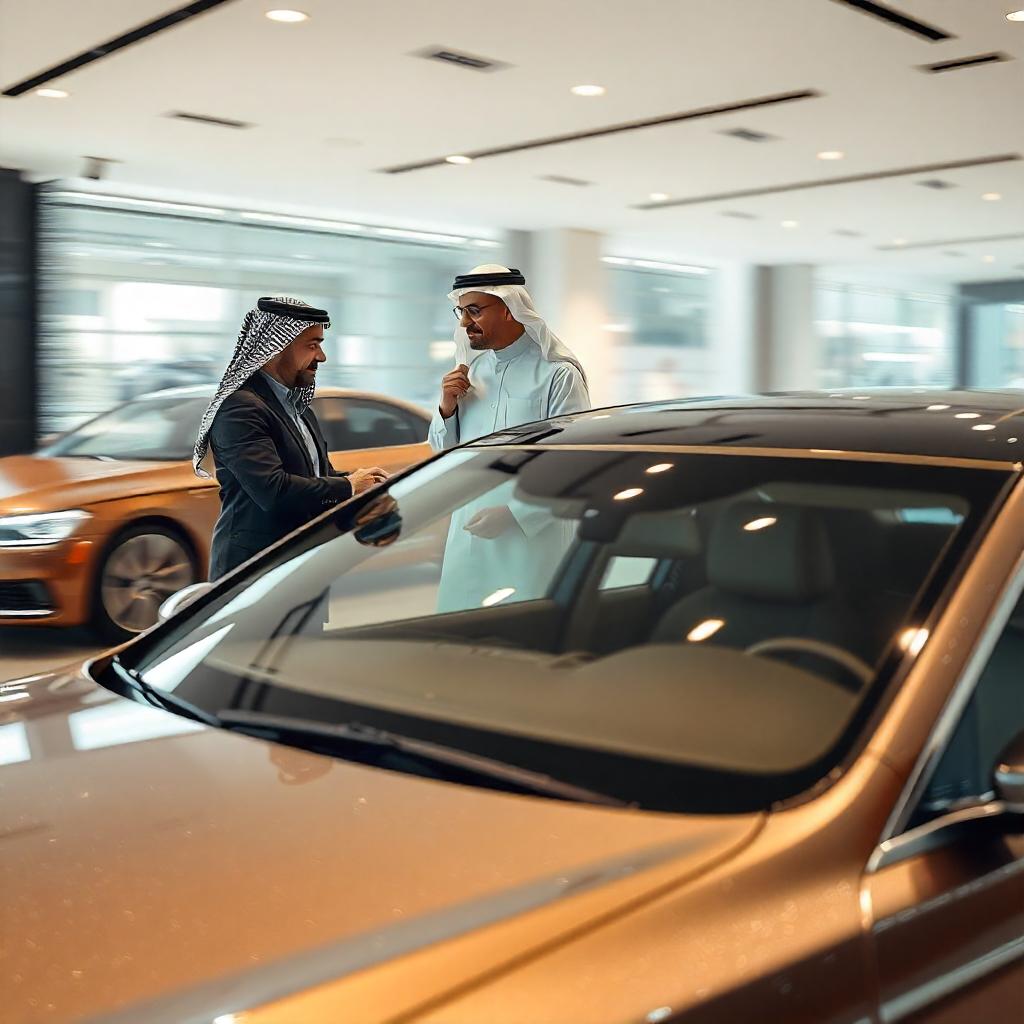How Much Does it Cost to Wrap a Car?

Car wrapping has become one of the most popular ways to customize, protect, and enhance the appearance of a vehicle. But if you’re considering a wrap, understanding the associated costs and options is crucial. In this guide, we’ll go through everything you need to know about Wrap a Car—from price factors and types of wraps to frequently asked questions. By the end, you’ll be ready to make an informed decision about wrapping your car.
Table of Contents
Key Takeaways
- Average Cost: Car wraps can range from $1,500 to over $10,000, depending on various factors.
- Material Matters: The type of vinyl and design complexity significantly impacts cost.
- Professional Installation: While it can be more expensive, professional wrapping typically yields better results.
- Long-Term Investment: Wrapping can protect your vehicle’s paint and enhance resale value.
- Maintenance: Regular care will prolong the life of your wrap and keep it looking new.
What is Car Wrapping?
Car wrapping is the process of applying a thin, adhesive vinyl film over a car’s painted surface. These vinyl wraps come in various styles, colors, and finishes, allowing for extensive customization. The wrap can cover the entire car or just specific parts, depending on your needs and budget.
Top Benefits of Wrap a car:
- Versatile Customization: From glossy colors to matte finishes, wraps offer a range of looks.
- Non-Permanent: Unlike painting, a wrap is removable without affecting the original paint.
- Paint Protection: Acts as a barrier, protecting the original paint from scratches, sun exposure, and minor dings.
Wrapping vs. Painting: Which is Better?
Painting a car is permanent and requires careful selection of colors and finishes. Wrapping offers a unique alternative for those who want the flexibility to change their car’s appearance. Here’s a comparison:
| Feature | Wrap a car | Car Painting |
| Cost | Usually less expensive for basic vinyl wraps | Generally more costly, especially for custom work |
| Longevity | Typically lasts 5-7 years | Permanent, usually lasts 10-15 years with upkeep |
| Customization Options | High (removable for easy updates) | Limited, with higher costs for customization |
| Maintenance Requirements | Low (some wraps are scratch-resistant) | Requires routine polishing and care |
Why Wrap Your Car?
Wrap a car offer practical benefits as well as aesthetic advantages. Here are some reasons people consider wrapping their cars:
- Protection: A high-quality wrap protects your vehicle’s paint from environmental elements, like UV rays, dirt, and small debris.
- Personalization: Wraps provide endless options for color, patterns, and finishes, which are harder and more costly to achieve with paint.
- Easy Restoration: Unlike paint jobs, wraps can be removed, returning your car to its original color if needed.
- Branding and Advertising: Businesses use car wraps as mobile advertisements, gaining brand visibility on the road.
Cost to Wrap a Car: Breaking Down the Basics
The price of Wrap a Car depends on several factors, including the type of wrap, the size of the vehicle, and the level of customization required. Here’s a typical range for different types of vehicles:
| Vehicle Type | Average Cost Range |
| Compact Car (e.g., Sedan) | $1,500 – $2,500 |
| Midsize Car (e.g., SUV) | $2,000 – $3,500 |
| Large Car (e.g., Truck) | $3,000 – $5,000 |
| Luxury or Exotic Car | $5,000 – $10,000+ |
These prices cover basic wraps, but they may increase if you choose specialty finishes or intricate designs.
Read Also : External Solar Panel Hookup for RV : Does an RV Use a Household Faucet?
Factors Influencing the Cost of Wrap a Car
Several factors affect the final cost of Wrap a Car. Here’s a closer look at what goes into the pricing:
- Material Quality and Type
- Standard Vinyl: Basic, affordable option, usually ranging from $1,500 – $3,000.
- Specialty Vinyl: Options like metallic, satin, chrome, or color-shifting wraps can raise prices by 50-100%.
- Textured Finishes: More expensive vinyls, like carbon fiber or brushed metal, add unique textures and cost.
- Car Size and Shape
- Smaller Vehicles: Compact cars or sedans generally require less material and labor.
- Larger Vehicles: SUVs, trucks, and vans need more material and time, which raises the cost.
- Complex Shapes: Cars with more curves or intricate shapes are harder to wrap, increasing labor time and expenses.
- Labor Costs by Region
- Prices vary depending on where you live. In urban areas with high demand, labor rates can be higher.
- Labor quality also affects cost; experienced professionals may charge more but offer higher-quality wraps.
- Design Complexity
- Solid Color Wraps: Cost-effective and easier to apply.
- Custom Designs: Graphics, patterns, or detailed logos increase labor and design costs.
- Wrap Longevity
- The more durable the wrap, the longer it will last without fading, peeling, or cracking. Some shops offer warranties for up to 5-7 years, but higher durability may come with an added cost.

Types of Wraps and Their Prices
There are several types of wraps, each serving different purposes and budget ranges.
1. Full Car Wraps
Full wraps cover the entire exterior of the car, offering total color transformation and complete protection for the original paint.
| Type | Price Range | Key Benefits |
| Standard Vinyl | $2,000 – $3,500 | Affordable, solid colors, basic protection |
| Premium Vinyl | $3,500 – $5,000 | Greater durability, range of finishes (matte, gloss) |
| Custom Design | $5,000 – $10,000+ | Unique designs, perfect for branding |
2. Partial Wraps
Partial wraps cover only specific parts of the car, like the hood, roof, or stripes, allowing for budget-friendly customization.
| Wrap Type | Price Range |
| Hood Wrap | $200 – $500 |
| Roof Wrap | $250 – $500 |
| Racing Stripes | $100 – $300 per panel |
Partial wraps are popular for accenting certain areas, providing a unique look without the expense of a full wrap.
3. Specialty Wraps
These wraps are tailored for specific appearances, such as matte, satin, or textured looks. Specialty wraps provide a unique finish but come at a premium price.
| Specialty Wrap Type | Price Range | Examples |
| Matte or Satin Finish | $2,500 – $3,500 | Smooth, non-glossy appearance |
| Metallic Wrap | $3,000 – $4,500 | Reflective, high-shine |
| Chrome Wrap | $6,000 – $8,000+ | Mirror-like, luxury finish |
| Carbon Fiber Wrap | $3,500 – $5,000 | Textured, sportier appearance |
Specialty wraps allow for complete customization and make your car stand out, though they do require careful maintenance.
Is Wrap a Car Worth the Investment?
For those interested in changing the appearance of their car or even increasing its resale value, a car wrap may well be worth the expense.
Benefits in the Long Run
- Paint Protection: A wrap serves as a barrier to the paint, which saves the original paint from constant usage.
- Resale Value: A good wrap does not harm the resale value of your car by leaving the original paint work unblemished.
- Easily Changeable: What is more, a wrap can be easily removed or updated in case trends or personal preferences change.
Environmental Impact
Wrapping also has some advantages over painting because wraps are applied and then removed without the generation of noxious vapors or emissions.
Using Car Wraps for Business and Commercial Branding
Wraps on the other hand are practically used, for instance, a company can convert its fleet of vehicles into giant moving bill boards. It is an efficient tool for branding and, at the same time, cutting costs.
- Typical Cost for Commercial Wraps: Advertisement customize wraps usually takes about $3,000 – $5,000 based on the design made.
- Return on Investment (ROI): This fact confirms that mobile advertising produces more displays than stationary billboards and is a suitable investment in marketing.
- Custom Designs for Branding: Putting logos, contact information, and brand colors can easily be incorporated so that your vehicle should be noticed.
DIY vs. Professional Car Wrapping: Which is Better?
While wrapping can be a DIY project, professional installation often yields better results. Here’s a look at the pros and cons of each option:
DIY Wrapping
- Estimated Cost: I estimate costs at approximately $500 – $1,500 (all costs will be for materials only).
- Pros: The second obvious advantage is a lower cost and more individual freedom in selecting patterns and designs.
- Cons: Has risks of bubbles, shorter life cycles development, and it needs highly skilled professional to perform.
Professional Wrapping
- Estimated Cost: $2,000 – $5,000
- Pros: Handling the quality application, remains longer on the surface, warranty choices.
- Cons: Finnally, there is the drawback of higher cost compared to a simple paint job, yet the customer will be willing to pay for it as they get complex designs or high end wraps.
As for quality and durability oriented people, professional wrapping will definitely be more suitable for them.

Tips for Maintaining Your Car Wrap
To ensure your car wrap lasts as long as possible and retains its vibrant appearance, follow these maintenance tips:
- Regular Cleaning: Clean the exterior of your car wrapped using a mild soap and soft to avoid accumulation of dirt on the surface of the car. Do not use, wax or polishes containing solvents that are dangerous to use.
- Park in Shade: At all times try to park your car either in a shady area or even a garage because the strong UV light is likely to fade the surface.
- Avoid Scratching: Avoid handling anything that utilizes the wrappings in a manner that it may come across sharp objects that may scratch the same for instance when opening the door or boot lid.
- Check for Damage: Check always care for any indication of tearing, blistering, or peeling edges on the wrap. Any problems that arise need to be solved immediately to avoid making the situation worse, for some markets though, it shouldn’t be too much of a problem.
- Professional Maintenance: Hire professionals to give your wrap a thorough wash or examination every year in order to retain the outlook and strength of the wrap.
Conclusion: Is Wrapping Your Car Worth It?
If a person needs their car to be improved aesthetically, protected from elements such as bird excrete, has a business that will benefit from the increase in visibility or just wants to down the line have a customized vehicle for sponsored advertisement, then they should consider having their car wrapped. Indeed, some costs can be defined by several factors such as the type of material used, size of the car, and the level of design therefore, the cost must be planned as well.
Of course there are many DIY products available, but professionally applied coatings give a more robust layer that has the potential to increase the life of the car, as well as giving it a new lease of life aesthetically. The costs comprise of the charges for the designs and paint protection mainly provide additional value to the product.
If you are planning to have your car wrapped then make sure you do your homework well and get a perfect contractor. When maintained correctly and with the right technique, car wrap can give you years of great and stunning look.
By understanding the costs and benefits of car wrapping, you can make an informed decision that suits your style and budget.




